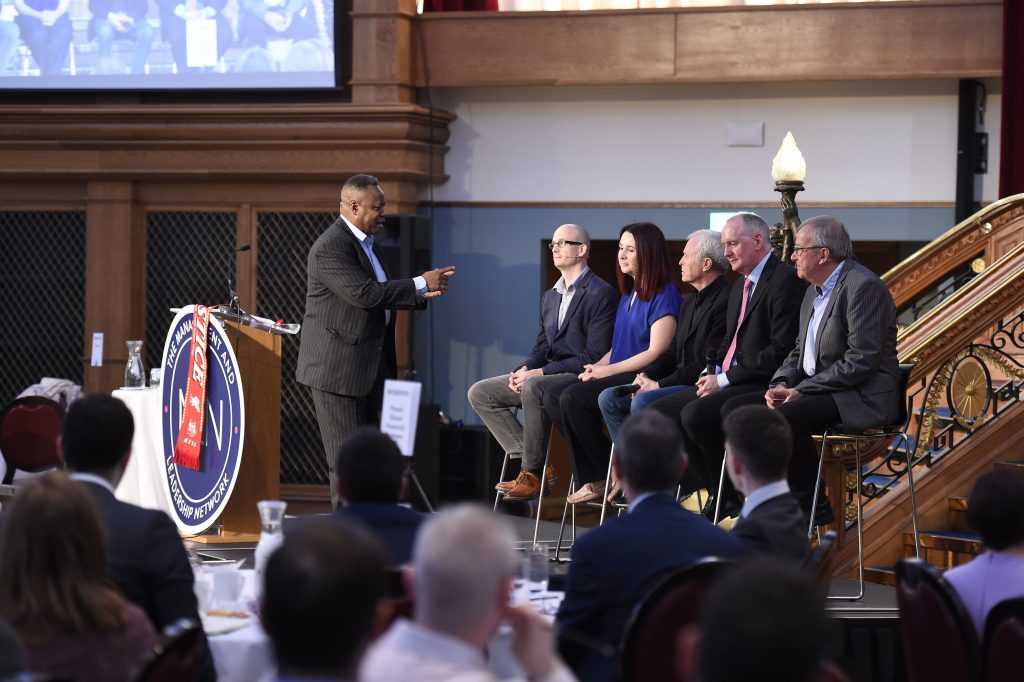Empathetic Leadership
Empathetic Leadership is the ability to walk in the shoes of others, and feel what they are feeling. For future leaders it is arguably the most important trait, as the pace of change continues to accelerate in both society and business. Empathy is saying “I know you’ve had a tough year.” Empathetic Leadership is saying “I know you’ve had a tough year – and here’s how we’re going to help.”
Why is Empathy Important in Leadership?
Inclusion means deep cultural change, and this requires Empathetic Leadership to those feeling excluded or marginalised. By engaging and listening with all your colleagues, no matter what their background, you can:
- Build a richer understanding of cultural nuances
- Understand colleagues’ individual needs and stories
- Build deeper, trusting relationships that boosts team morale
Our emotions react to events so much quicker than our thinking does. Empathetic Leadership encourages us to become more conscious about how our actions make others feel. As Maya Angelou famously says, “Not many will remember everything you said, but everyone will remember how you made them feel”.
Emotional Intelligence in the Workplace
Daniel Goleman, the business psychologist and best-selling Harvard author of ‘Emotional Intelligence’ says “If your emotional abilities aren’t in hand, if you don’t have self-awareness, if you are not able to manage your distressing emotions, if you can’t have empathy and have effective relationships then no matter how smart you are, you are not going to get very far.”
Emotional Intelligence in the workplace is both a necessary leadership trait and career accelerator. Where it may be difficult to grow your IQ, your EQ develops continuously when you intentionally focus on it. When working with people, it is our EQ that helps us be the better version of ourselves. We can all become better at empathy, and now is a great time to start.
Some steps to developing your Emotional Intelligence in the workplace include:
- Start to observe and reflect upon how you feel in particular situations
- Take full responsibility for your feelings
- Take the time to celebrate the positive things that happen around you
- Acknowledge what triggers your negative emotional responses
- Be realistic about what you can and can’t do
- Work on making yourself approachable
- Cultivate a curiosity about strangers
When working with people, we must remember we are dealing with people and their emotions, not just their logic and intellect. High Emotional Intelligence in leadership is a big indicator for creating an Inclusive culture. Inclusion means everyone. Look out for each other; look after each other.

Emotional Intelligence and Growth Mindset
The management of leadership incudes the ability to understand and manage the emotions in yourself and others in positive ways. René’s approach to this begins with Inclusion. When we recognise that everyone is special, has unique needs, and are accepted for exactly who they are, this more humanized approach ensures sustainable growth mindset. No robot, AI or machine learning will ever replace this authentic leadership. Therefore, the best and memorable leaders are those with emotional intelligence, and able to create positive impact in both their own and colleagues’ lives.
Emotional Intelligence and Leadership
René’s emotional leadership service is built on the foundation of Inclusion, and encourages us to start with walking in the shoes of someone else. Authentic leaders often use the power of this emotional intelligence to build connections with their colleagues, no matter where they come from and who they are. This often creates a work and team environment where colleagues feel trusted and valued, and so they go the extra mile and business performance enhances. This illustrates how emotional intelligence is a smart approach to leadership, and has the capability to enrich people’s lives at work. It’s time to look out for each other, and look after one another.
Discover our other leadership speaker offerings:
